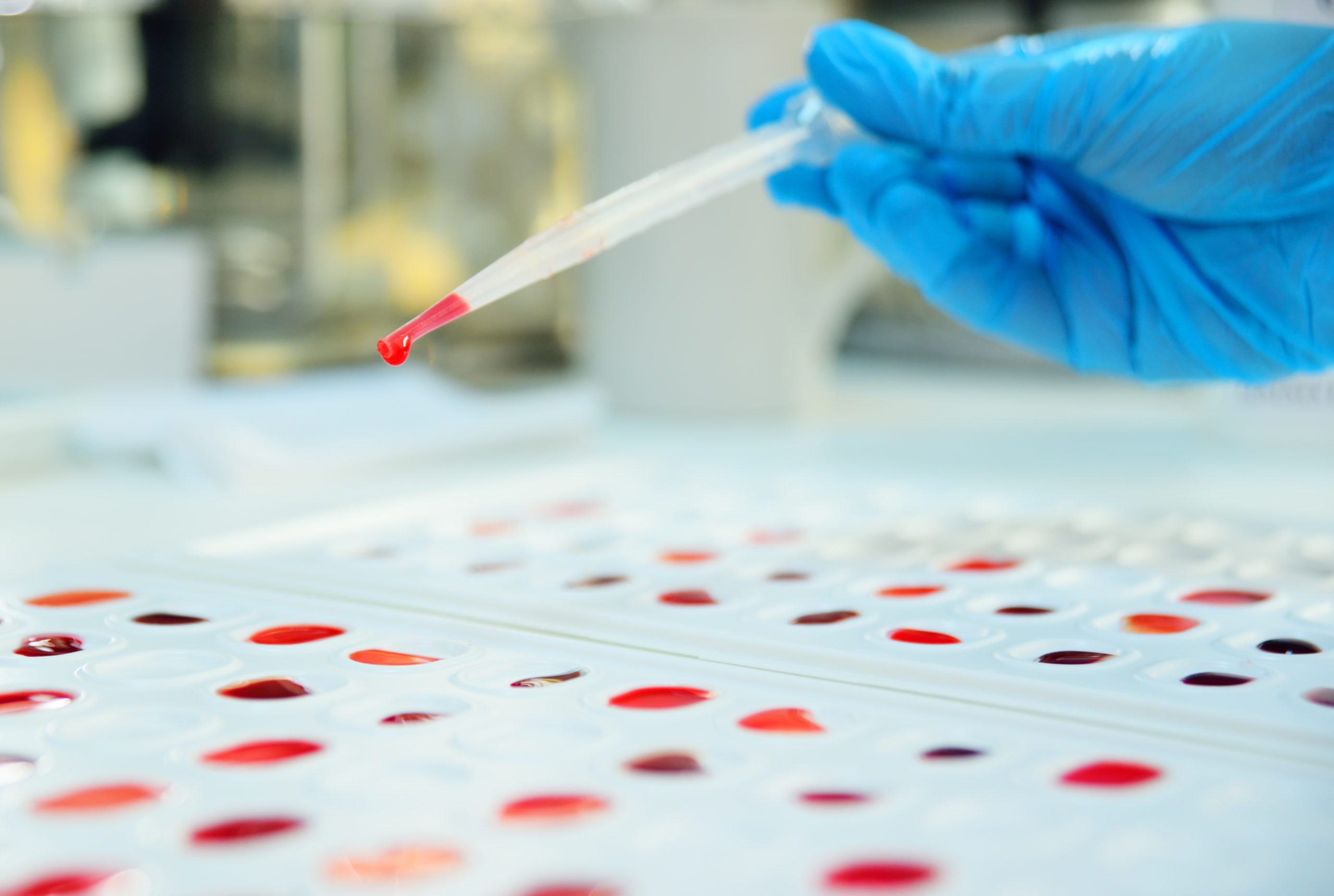At South Texas Blood & Tissue, we are asked regularly, “What is the rarest blood type?”
One answer: “It depends.”
If you’re talking about the rarest type of blood on Earth, you need to understand a little of the science of blood and know the story of two families half a world apart.
Through the years, scientists have identified hundreds of different antigens – kinds of proteins – that are on red blood cells. Those antigens have been classified into 36 blood groups. The most familiar are ABO and Rh groups that you hear about all the time.
For most transfusions, matching those are the antigens that all of us need. But the 34 other groups are what has the potential for identifying uncommon types.
In the 1990s, a team in Australia discovered that a regular donor named Sarah Culhane had a never-before-seen antigen. The researchers named the antigen SARA, and some of her rare blood was frozen and stored, with plans to study its origins.
For 20 years, no one ever showed up with the SARA antigen.
But then the Australians received a message from Canadian Blood Services about a baby that had needed a massive transfusion at birth. The Canadians suspected the incident might be related to the rare SARA antigen.
Turns out, the baby had the antigen – and her mother’s cells did not. The mother’s cells had attacked the baby’s, causing a serious reaction and the need for emergency transfusions.
Since then, the rare SARA antigen has been recognized by the International Society for Blood Transfusion, as reported by researchers at the Australian Red Cross.
Just how rare is it?
In all the world, it has been identified in just those two families, one in Australia and one in Canada.
By the way, the standard answer to “What is the rarest blood type?” is “The type that isn’t available when someone needs it.”
Visit SouthTexasBlood.org today to make sure there’s an adequate supply of your blood type when someone needs it.
